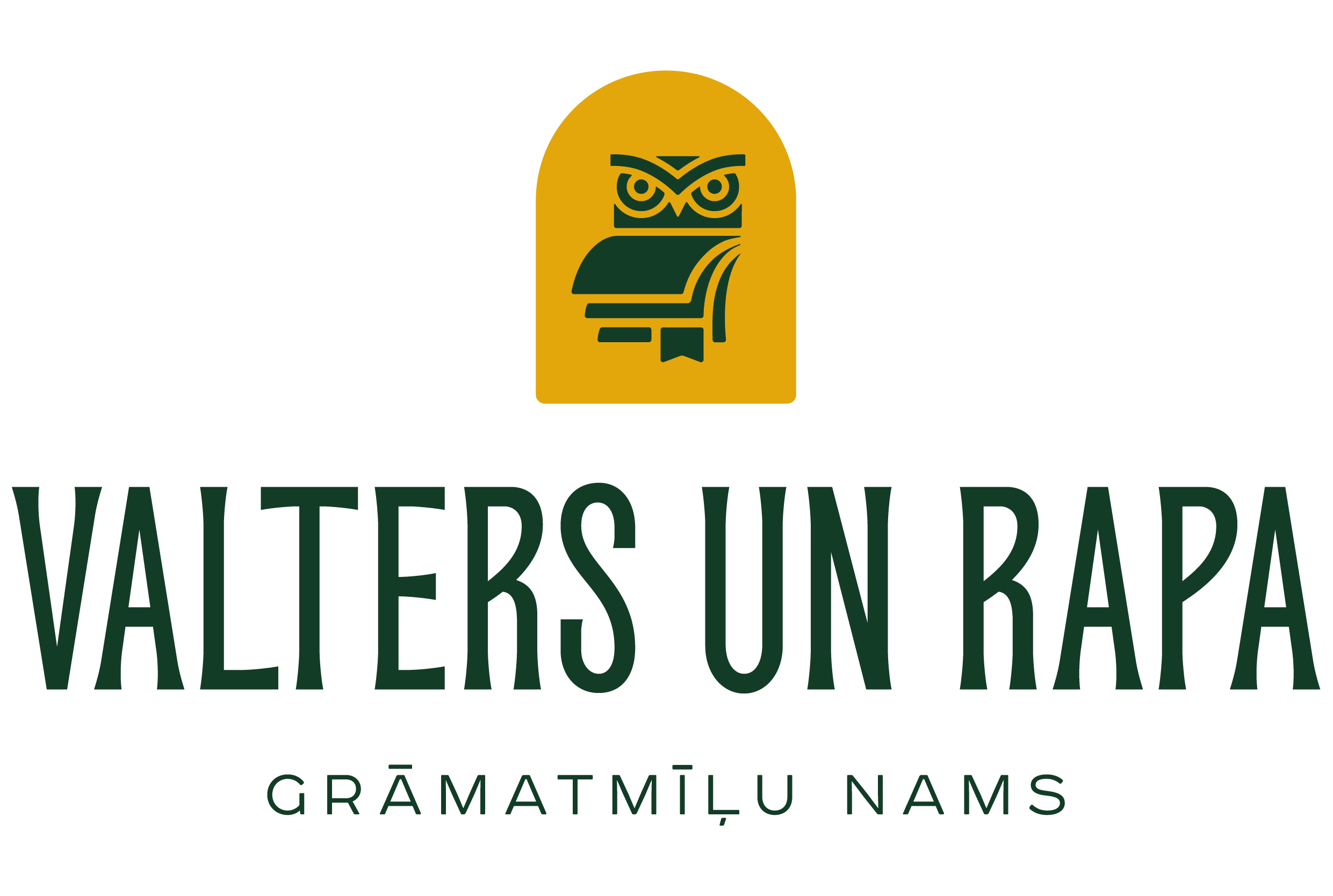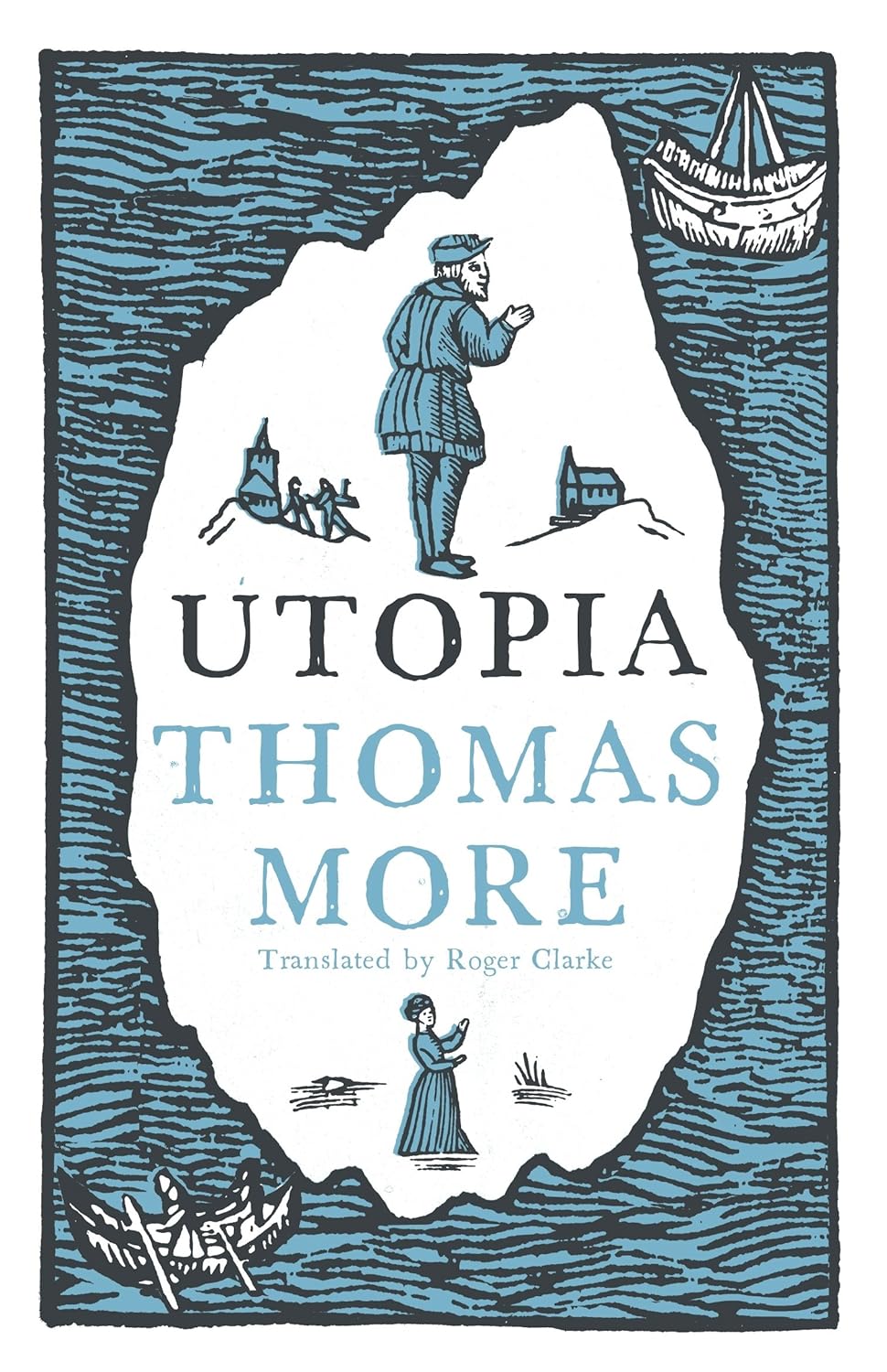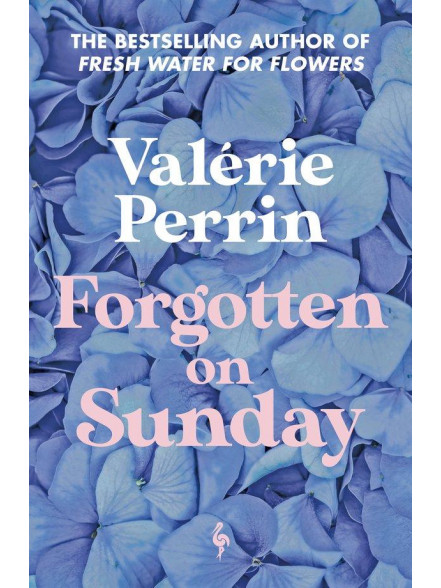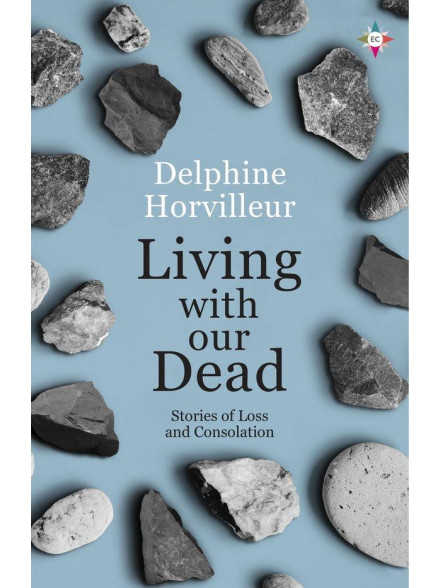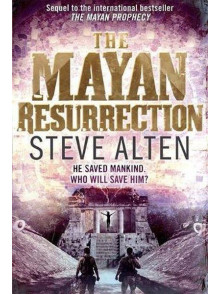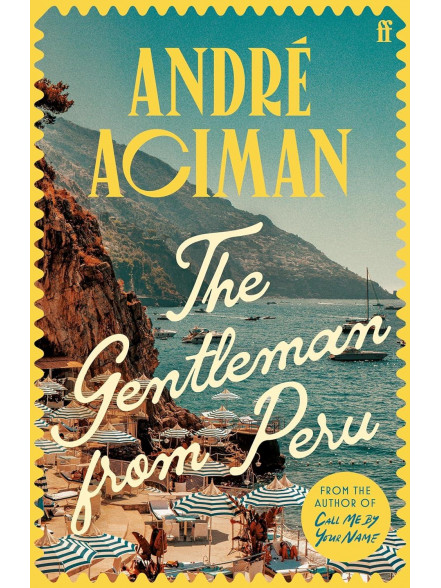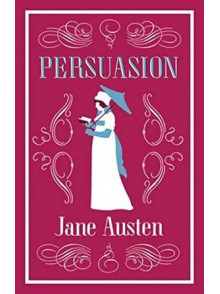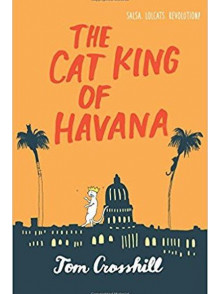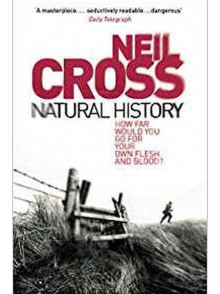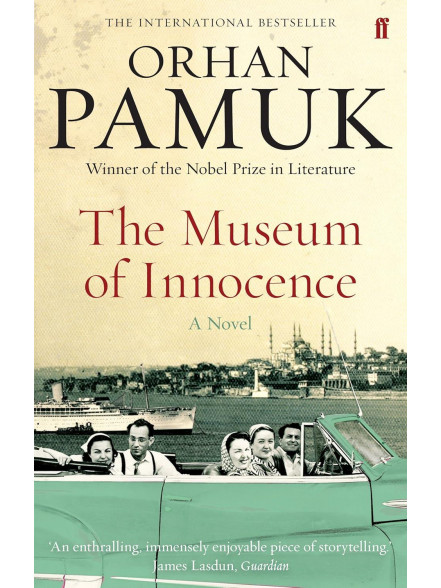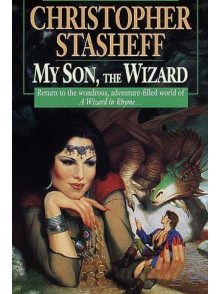Menu
-
-
Gifts & Souvenirs
- Things for book lovers
- Photo albums, frames
- Ekskluzīvas pildspalvas
- Diaries and notebooks for any purpose
- Ekskluzīvi pierakstu klades
- Mūsu zīmoli
- Latvian souvenirs
- Goods for travel
- Candles and fragrances
- Works of Latvian craftsmen
- Gift wrapping accessories
- Sweets
- Branded goods
- Christmas goods
- CD, DVD, Video and Audio
- Hygiene products
- Gift cards
-
Gifts & Souvenirs
- News
- Gift card
